As Chinese learners, I think many of you may get puzzled about the differences between 汉语[Hànyǔ],中文[Zhōngwén] and 普通话[Pǔtōnghuà]?” “What are the differences?” “Are there any circumstances where I should only use one but not the other two?” Today we’ll make a thorough comparison of these three words from different angles.
1. Chinese: 中文[Zhōngwén] VS. 汉语[Hànyǔ]
If we look up the word中文[Zhōngwén] in the Chinese dictionary, we will see two definitions for this word. First, 中文[Zhōngwén] refers to the Language and Writing of China, 中国的语言文字[Zhōngguó de yǔyán wénzì], especially that of the "Ethnic Han" 汉族[Hànzú].
For instance, when it comes to "I can speak Chinese", you can either say:
我会说汉语。
or
我会说中文。
To say "I study Chinese" in Chinese:
我学汉语。
or
我学中文。
In this sense, 汉语[Hànyǔ] and 中文[Zhōngwén] are interchangeable. But do note that when it comes to Chinese characters, we use the word 汉字[Hànzì], and we do NOT use 中字[Zhōngzì] to emphasize the characters of Han ethnic group. However, there are some cases where we are accustomed to using one but not the other.
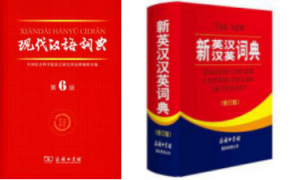 The most authoritative Chinese dictionary is Modern Chinese Dictionary, which is called 现代汉语字典[Xiàndài Hànyǔ Zìdiǎn], instead of
The most authoritative Chinese dictionary is Modern Chinese Dictionary, which is called 现代汉语字典[Xiàndài Hànyǔ Zìdiǎn], instead of 现代中文字典[Xiàndài Zhōngwén Zìdiǎn]. Here the dictionary uses the word "汉语[Hànyǔ]" to emphasize the language of "Ethnic Han" (汉族[Hànzú]) , and an English-Chinese dictionary is called a 英汉词典[Yīng Hàn zìdiǎn], instead of 英中字典[Yīng Zhōng zìdiǎn].
中文[Zhōngwén] also has the second definition, which means the Language and Literature of China, 中国语言文学[Zhōngguó yǔyán wénxué], especially that of the "Ethnic Han" (汉族[Hànzú])(中国语言文学,特指汉语言文学:中文系). The second definition has narrowed down to Chinese literature.
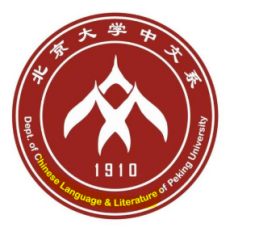
If a Chinese student majors in Chinese, we would translate “Chinese department” into 中文系[Zhōngwén xì], say 我是中文系的[wǒ shì Zhōngwén xì de] or 我是学中文的[wǒ shì xué Zhōngwén de], here we use the word 中文[Zhōngwén], as they are learning the Language and Literature of China 中国语言文学[Zhōngguó yǔyán wénxué].

However, if students study Chinese as a foreign language, we are inclined to say that they study汉语[Hànyǔ]. If a student majors in Teaching Chinese as a Foreign Language, the Department where we, Everyday Chinese teachers, graduated from, we would call the department as 对外汉语专业[Duìwài Hànyǔ zhuānyè], note that here we use the word 汉语[Hànyǔ].
![]()
Our Chinese learning platform is called 天天汉语[Tiāntiān Hànyǔ] instead of 天天中文[Tiāntiān Zhōngwén], we also use the word 汉语[Hànyǔ] to emphasize that our online learning resources target students who learn Chinese as a foreign language.
汉语[Hànyǔ] literally means “Han language”. 汉语[Hànyǔ] is the language of "Ethnic Han", and it is the main language in China. The modern standard 汉语[Hànyǔ] is 普通话 [Pǔtōnghuà].
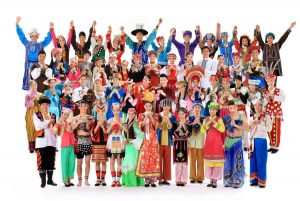
As you may know, there are 56 ethnic groups in China and the minority ethnic groups also have their own languages, which are not 汉语[Hànyǔ], such as language of Miao ethnic group 苗族[Miáozú], Bai ethnic group白族[Báizú], Dai ethnic group 傣族[Dǎizú], Zhuang ethnic group 壮族[Zhuàngzú] and so on.The largest ethnic group is the "汉"(Han), which accounts for more than 92% of total Chinese population.
2. 汉语[Hànyǔ] ≠ 普通话 [Pǔtōnghuà]
汉语[Hànyǔ] is mainly classified into 7 dialects:
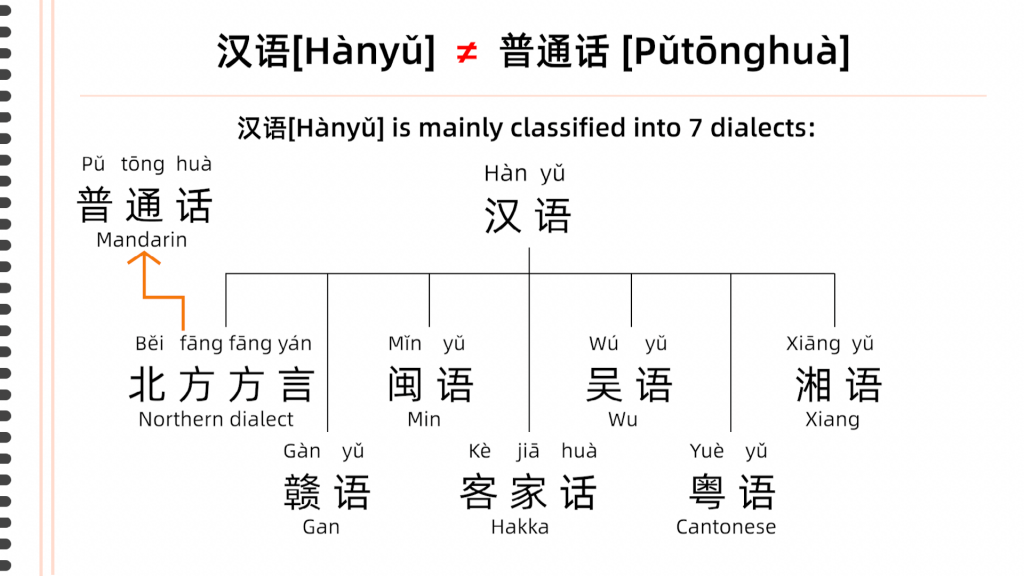
Among them, 普通话 [Pǔtōnghuà] is the standardized form of spoken Chinese based on the Beijing dialect of Mandarin. 普通[[Pǔtōng] means “common”, and 话[huà] means “speech”.
With the evolution and standardization over all these years, 普通话[Pǔtōnghuà] , although based on Beijing dialect, is no longer the same. Nowadays 普通话[Pǔtōnghuà] has developed based upon a mixture of northern, southern, classical grammar and usage and also reflects a more proper pronunciation of Chinese.
普通话[Pǔtōnghuà] is spoken in Mainland China,Taiwan and some Southeastern countries such as Singapore and Malaysia. 普通话[Pǔtōnghuà] has the narrowest scope compared to 汉语[Hànyǔ] and 中文[Zhōngwén]. It is the standard pronunciation of 汉语[Hànyǔ]. As more and more people are speaking 普通话[Pǔtōnghuà] nowadays, it has become the common language of communication between Ethnic Han and other minority groups in China.
When you are talking about learning Chinese, you are most likely talking about learning 普通话[Pǔtōnghuà] . 普通话[Pǔtōnghuà] is taught in Mainland China. In Hong Kong, Macau and some Southern cities of China, people speak Cantonese 广东话[Guǎngdōng huà]. 广东话[Guǎngdōng huà] literally “Canton speech”. In Hong Kong, if people say that they can speak Chinese, they mean that they can speak Cantonese and maybe Mandarin. In schools of Hong Kong, teachers use Cantonese as the main language of teaching. Thus we tend to say that 我会说普通话[Wǒ huì shuō Pǔtōnghuà.] but not 广东话[Guǎngdōng huà] to emphasize that I can speak Mandarin but not Cantonese. This emphasis is especially important in the places where the local dialect is more common and prevailing than Mandarin.
Bottom Line
To summarize, 汉语[Hànyǔ] is considered equal to 中文[Zhōngwén] nowadays except for a few circumstances where we should use one but not the other as fixed expressions. Don’t get so much fixated on the difference between these two words. 普通话[Pǔtōnghuà] , Mandarin Chinese, is what you are learning with us in Everyday Chinese. Are you clear about those three words? If you have any other questions, please comment below.


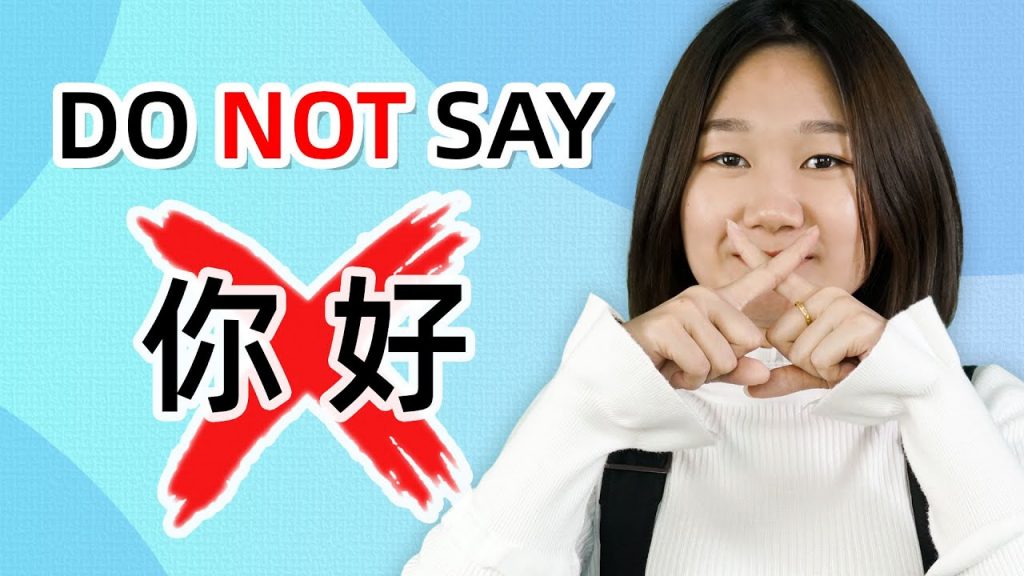
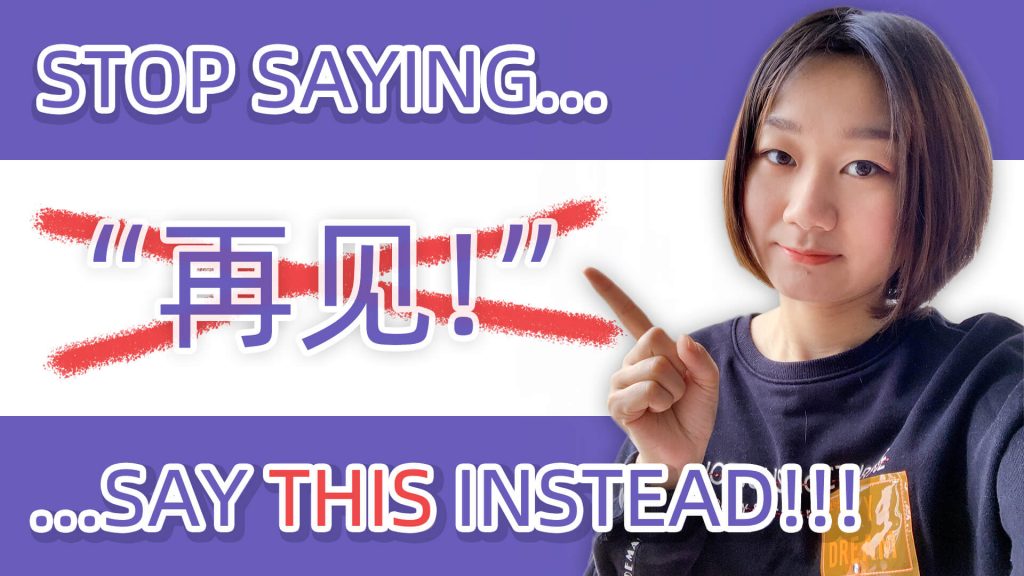

Comments